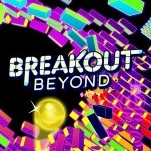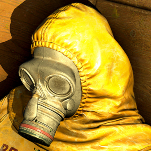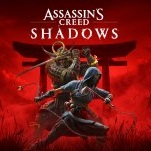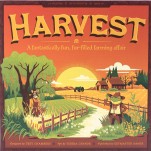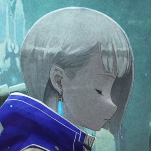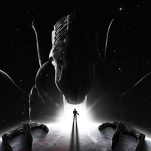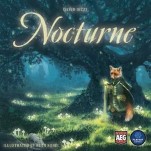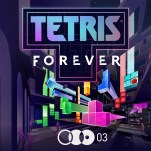Pillars of Eternity: Gather Your Party
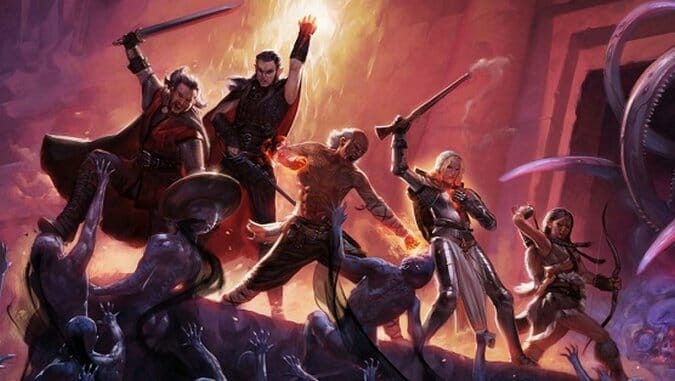
It’s been a long while since a role-playing game has really held my interest. I enjoyed the hell out of Dragon Age: Inquisition and Origins, died a billion times in Dark Souls and Dark Souls 2, roamed the wastelands of Fallout 3, played and modded The Elder Scrolls V: Skyrim and Oblivion into, well, oblivion, and everything in between. But for some reason that I can’t really explain, I’ve always just kind of lost interest after time. Something else comes out, I get busy or whatever excuse I invent for falling out of love with a videogame. But Pillars of Eternity isn’t like any of those ultra-modernized and relatively accessible takes on roleplaying—it’s both decidedly old-school and fresh at the same time.
I’ll admit that I have trouble playing most classic computer RPGs nowadays. Even the Enhanced Editions of Baldur’s Gate I and II are difficult for me to get into because they feel so dated. Everything from the controls to the overly complicated mechanics make it more cumbersome than entertaining—although I’m probably just spoiled. Throughout Pillars of Eternity you’ll bounce back and forth between nostalgic reminiscence and innovative awe and it all combines together into a single glorious package.
The opening moments of Pillars of Eternity are effective at hooking you on the world and its atmosphere. Your caravan has to stop before reaching its destination and, more or less, all hell breaks loose. Bandits attack, a storm wrecks everything, people die, creepy spirits fly around, you start seeing and hearing things and then you’re off on a quest of adventure and discovery. From every item description and quest entry, to the dialogue and flavor text, everything is written with such tact and grace that I couldn’t get enough. Pillars of Eternity has some of the best writing this industry has ever seen—hands down.
A lot of videogames try to sell you on the illusion that every step you take is having some sort of effect on the world. Sleeping at this inn instead of that inn will create a ripple effect that results in imminent world destruction or something else similarly ridiculous. Instead of flat out lying to you, Obsidian has taken the approach of just making an incredibly diverse, deep and rewarding world for you to explore and letting you navigate the consequences on your own.
In one of the very first quests of the game, I reached a moment that made me literally stop playing and pause to think about my choices. Every character is written with such depth and personality that each conversation revealed intricate details about their backgrounds and aspirations. The traveler who was betrayed and literally stabbed in the back by his partner and left to die may not be as innocent as he seems when you first learn of his fate. The tyrannical ruler of a village that murdered his wife and child seems like a psychopath, but what if he is still the better of two options? Every quest I came across in Pillars—no matter how large or small—forced me to make a difficult choice that actually made me pause and think. There is no good and evil or black and white—this game operates entirely in the grey.
The true magic of Pillars of Eternity is in the details though, not the mechanics—although those are incredible solid as well. Obsidian has made several small tweaks to the traditional cRPG formula that go a long way towards making the game feel new and fresh. There are no more dump stats—everything matters for every character for different reasons. Instead of your party members feeling like different tools to be used for situations (a rogue for picking locks, a cleric for blessing shrines, etc) they all take on unique personalities and traits that deserve exploring.
It also helps that even on the lower difficulties, Pillars of Eternity is a sufficiently difficult game. Luckily none of my keyboards were destroyed while playing the game for this review, but I may have rage quit a time or two from a particularly difficult fight. I cannot stress enough the importance of saving and, more than anything, understanding how the game works. Obsidian crafted an elegant and effective health system that adds a surprising layer of new depth.
-

-

-

-

-

-

-

-

-

-

-

-

-

-

-

-

-

-

-

-

-

-

-

-

-

-

-

-

-

-

-

-

-

-

-

-

-

-

-

-






















